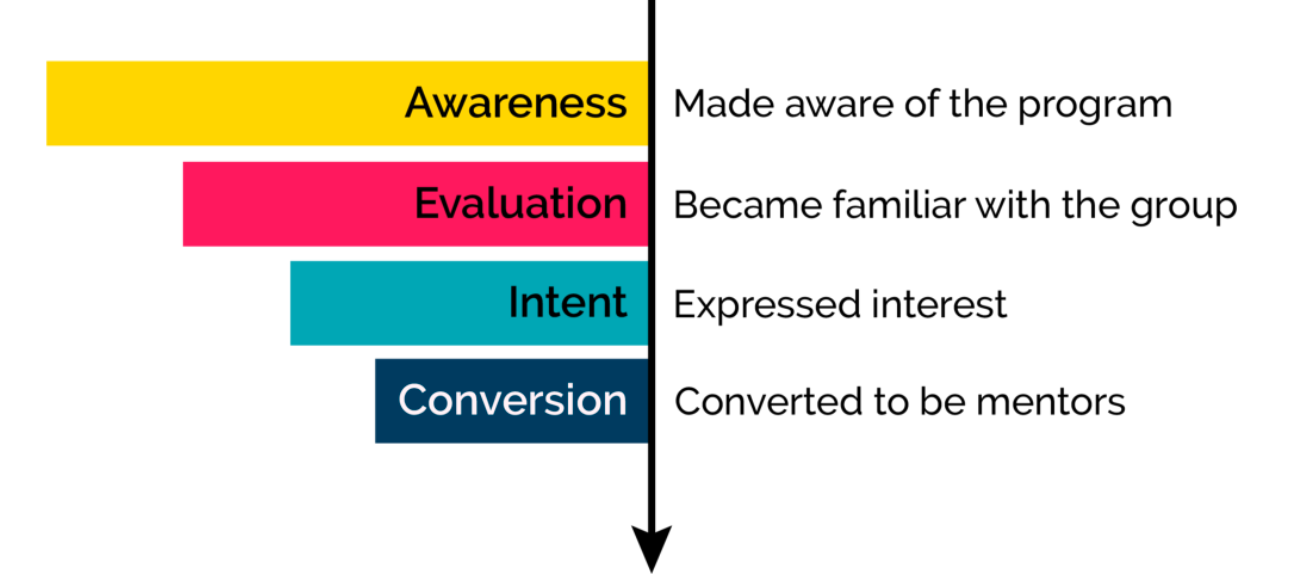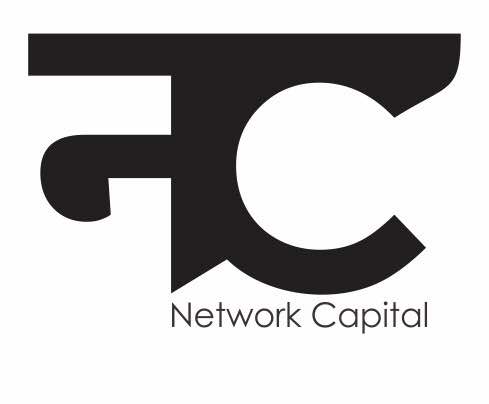Shibani Timblo
How working for Non-Profit instigated my interest in Product Management by Shibani
PM Fellows | Cohort I
I had the opportunity to start a mentorship program for Ladies Storm Hackathons India (LSH), a community for Indian women in tech. This will serve as a reflection on my experiences during that time where, unbeknownst to me, I inculcated Product Management principles.
If you are an aspiring product manager or interested in how PM frameworks can be demonstrated in your life, read on.
If you are an aspiring product manager or interested in how PM frameworks can be demonstrated in your life, read on.
Understanding the stakeholders
My main mission was to create LSH’s first mentorship initiative. Before I could, I needed to understand what needed to be done — Who are the stakeholders and What are their requirements. It was obvious that the main requirement was for mentees to be mentored but I needed deeper context. I created group polls to understand what group members wanted to be mentored in. This gave me an idea of the group’s demographic — what stage of life they were in and the patterns in their goals and interests. These patterns helped me prioritize the most important requirements and cleared biases that I had around creating this program. But mentees were only half of the stakeholders.
Execution of the requirements
The other stakeholders were the volunteer mentors, integral to the program’s success. However, they needed to be scouted first. The scouting process was simply, getting mentors to join the mentorship program. In practice, it was a lot more involved — Cold messaging female professionals and academics in tech and building motivation for them to volunteer and provide value to LSH. I saw myself developing a rapport with the prospective mentor whilst they were introduced to the group and became part of the community. During this time, I tried to get a picture of where the mentor was in their career roadmap and what they were looking for and see how I or the community could help them, before they made the decision to mentor.
Iterative refinement

At the start, it was quite a crapshoot. I started maintaining a Notion database summarising my cold messaging journey. Essentially, illustrating the funnel analysis of the process as in the diagram. This elucidated the type of candidates that were both, drawn to the program and a good fit. Once I got a better understanding of what kind of candidates to reach out to, the outcomes of scouting were a lot less hit-and-miss.
Knowledge gathering
The mentorship team was 24 mentors strong when I discovered the first glaring issue. No mentees! I needed to solve the problem but first figure out why it was happening. The possibilities were endless but I knew starting with the simplest hypothesis would give me direction. Did group members know that we onboarded mentors? They knew about the program but maybe that wasn’t enough. So I tested this hypothesis by putting bi-weekly posts introducing mentors to the group. The posts would get 50+ reactions and 100+ views. The next day, mentors reported they got more requests that they could handle. Thus, Hypothesis marked as validated.
Every now and then I would conduct mini experiments to give me data points about how mentees felt about current mentors. But this knowledge gathering was actually 2 fold. To maintain mentor retention, I knew I needed to create a feedback loop. I made sure I was open to any communication from their end and scheduled unstructured interviews to collectively get to know how it was going and discuss issues, ideas and ways how I could give back.
Every now and then I would conduct mini experiments to give me data points about how mentees felt about current mentors. But this knowledge gathering was actually 2 fold. To maintain mentor retention, I knew I needed to create a feedback loop. I made sure I was open to any communication from their end and scheduled unstructured interviews to collectively get to know how it was going and discuss issues, ideas and ways how I could give back.
Am I just another victim of FOMO or do I actually want to be a PM?
I understand a Product Manager to be an embodiment of
- A discoverer searching how value can be added or finding how solutions can be delivered
- An analyst who wants to unearth reasons behind what is happening, the motivations behind them, stakeholder emotions surrounding it
- A planner who builds the roadmaps to see which things should be delivered when
- A consensus builder who leads the team from behind with trust and empathy, uplifting them to reach a common goal.
I enjoy brainstorming. I enjoy thinking of what problems exist and how they might be solved, which fits the profile of a discoverer. I find strength and motivation in working with people. The prospect of being able to enrich their lives through my work motivates me. Coupled with receiving compliments on being a connection building hub and a good listener and conversationalist, my strengths would help me be an effective consensus builder. In my life, I have seen many ups and downs but what has kept me going through the darkest of times is (purposeful) persistence. Purposeful meaning, I only give up to avoid perfunctory missions. This skill, along with my inquisitive nature, I believe would help fulfil the role of the analyst. Additionally, I am curious about the business side of technology and interested in how things can be made commercially viable. Lastly, being a software engineer I bring in technical understanding and an inherent empathy for engineers.
All in all, I can say
✅ Gleaning on my experience at LSH, I have a taste of what Product Management could be like.
✅ I’ve used the 5 Why framework to figure out if product management would suit me and that I have the chops for it.
Career Intelligence
Resources
Copyright © 2025-2021 Network Capital

